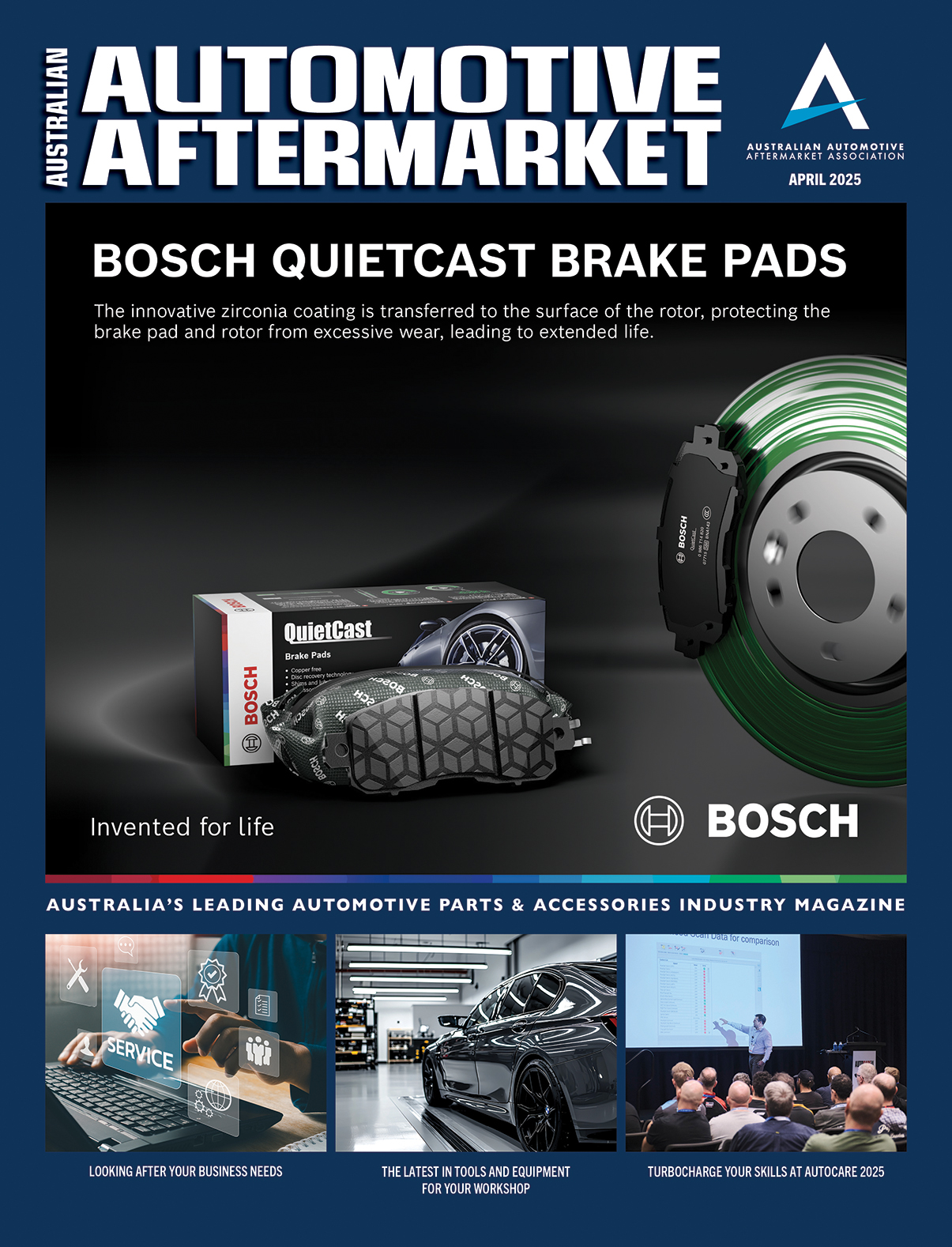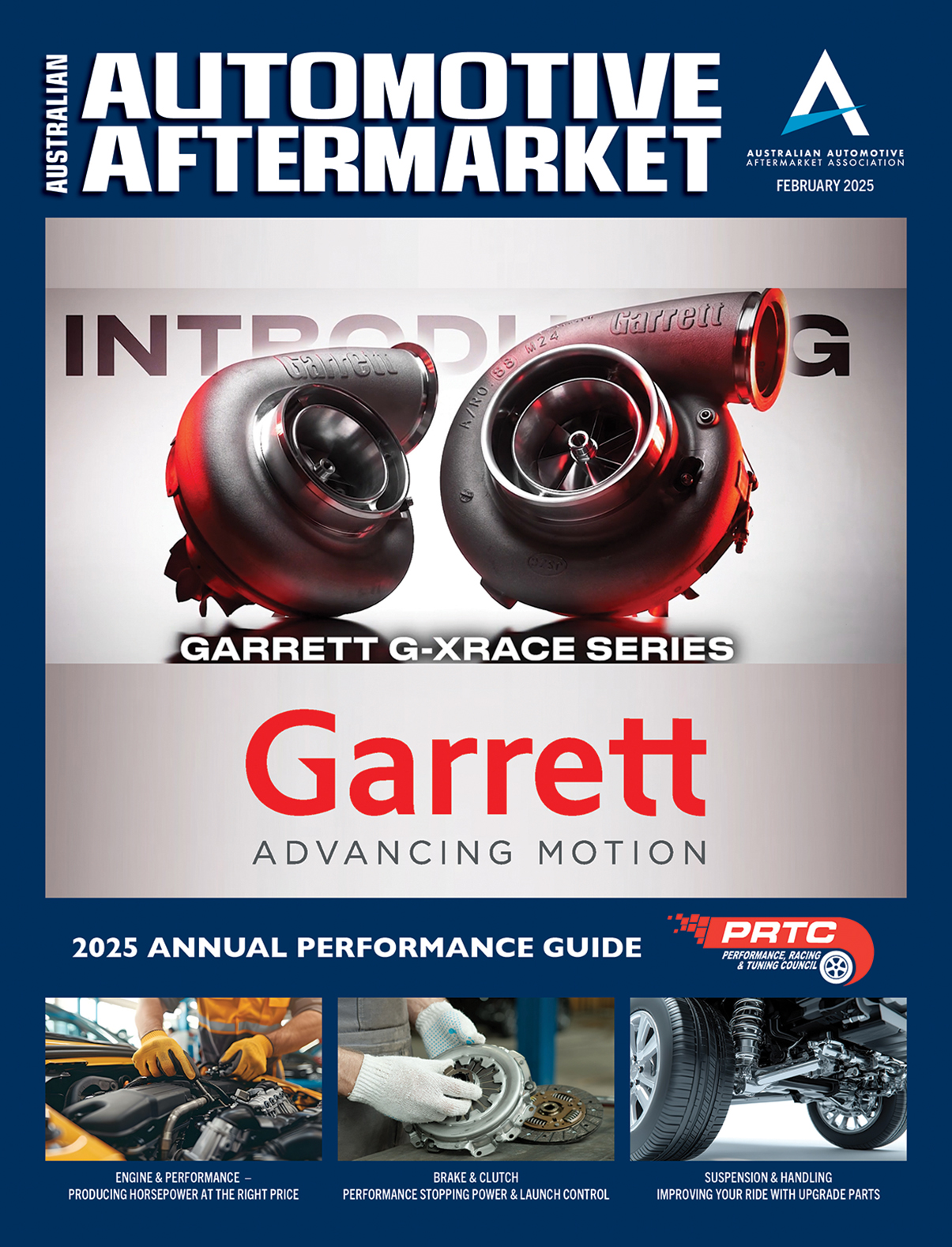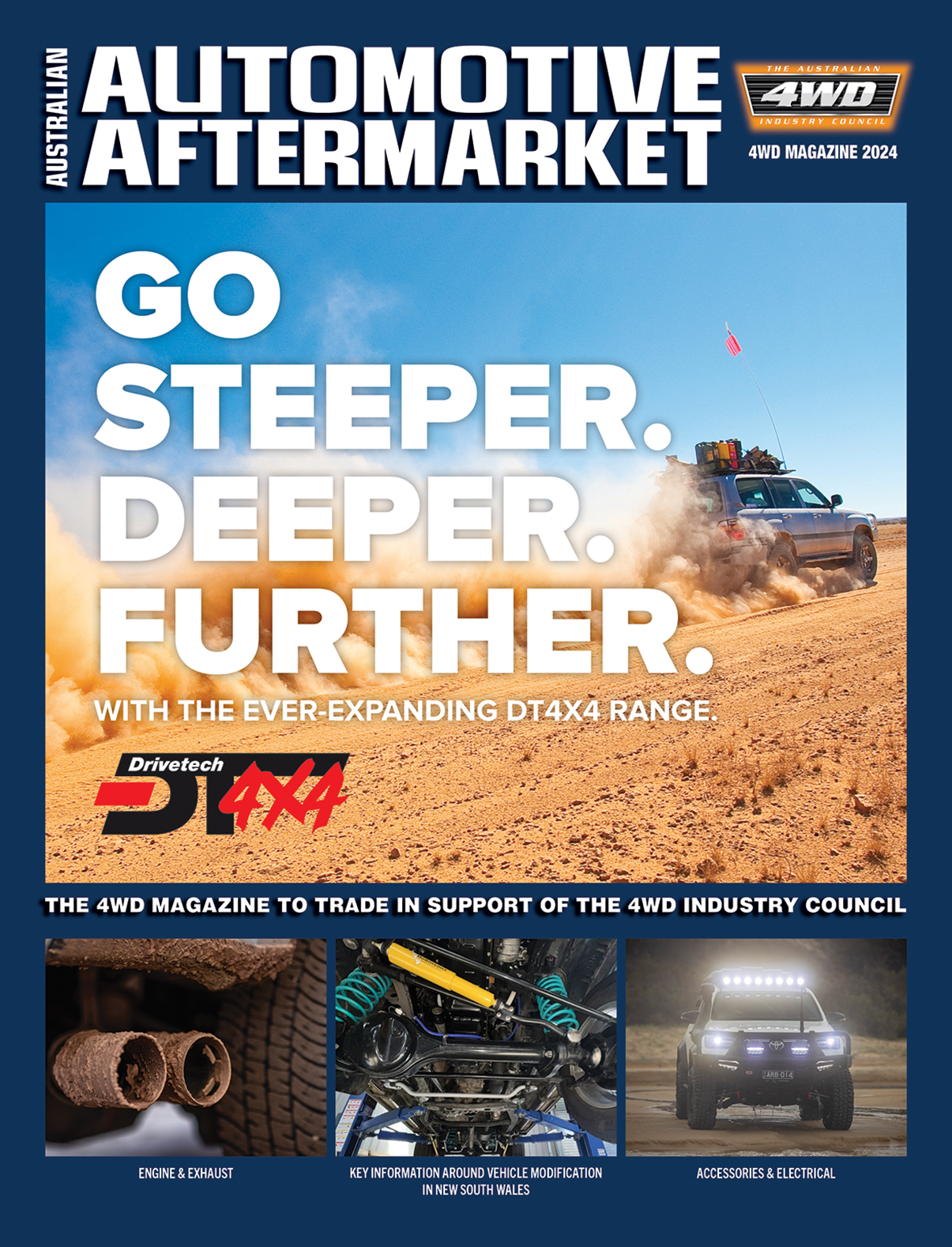ESSENTIAL EQUIPMENT AND TOOLS
AutoTest says you should consider these tools when kitting out your automotive workshop

Embarking on a career as a mechanic can be both rewarding and challenging.
If you are considering starting your own service repair business, it opens doors to specialisation and control over your professional path.
AutoTest supplies the following information as a guide on key steps, what equipment you may need, and crucial considerations to make your venture successful.
- Formulate a solid Business Plan: begin with a well-thought-out business plan encompassing advertising strategies, capital requirements, and specific start-up costs. Whether you choose to start from scratch or acquire an existing workshop, having a clear roadmap is essential.
- Location matters: selecting the right location is pivotal for success. Workshops near highways or in bustling city centers tend to thrive. If you are opting for a new space, factor in lease costs and potential monthly expenses.
- Lease vs buy equipment: consider leasing equipment to save on initial costs. The size of your operation will determine leasing expenses. Carefully weigh the pros and cons of leasing versus buying, keeping in mind the number of vehicles your workshop can service simultaneously.
- Specialisation vs generalisation: decide on the services your workshop will offer. While specialising, for example in roadworthy inspections, can enhance credibility, offering a range of services might attract a broader customer base. Craft a business plan that aligns with your goals, remembering that profitability may take months to a year.
- Diagnostic tools are key: modern vehicles rely heavily on computer systems, necessitating advanced diagnostic tools. For government-sanctioned roadworthy inspections, ensure your equipment can transmit results directly to the required authorities. Regular maintenance and calibration are crucial for compliance.
- Mandatory inspection tools: AutoTest recommends you equip your workshop with tools such as a light transmission meter, measuring equipment, wheel chocks, and more. Specific tools are required for inspecting vehicle’s underbody, headlamp aim, and brake system operation. Additionally, mandatory tools for trailers should be in place for certain vehicle types.
- Basic tools for vehicle inspection and repair: basic tools like wrenches, screwdrivers, drills, and jacks are essential for the removal and refit of vehicle systems. While high-tech diagnostic tools are crucial, traditional tools remain indispensable for fixing identified issues.
- Additional useful tools: AutoTest says you should consider adding tools like a brake-fluid tester, suspension tester, and emissions analyser to enhance your workshop’s capabilities.
AutoTest Products, along with its network of distributors, offers a range of automotive testing and diagnostic products.
From brake testing to suspension analysis, it says its state-of-the-art tools can enhance the accuracy of your results, ensuring compliance with safety regulations.
For more information, contact AutoTest Products at 03 8840 3000 or visit www.autotest.net.au









